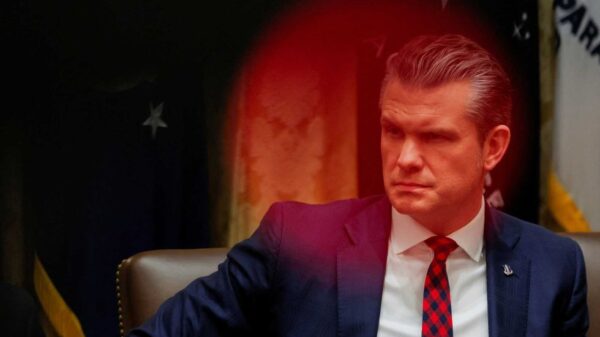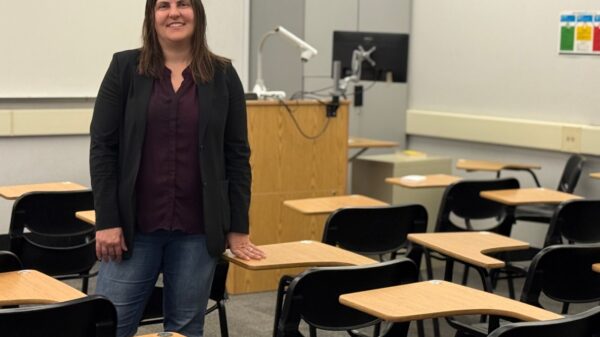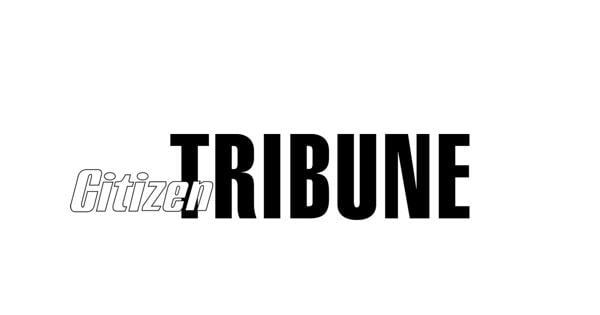President Donald Trump announced plans for a “massive increase” in tariffs on Chinese imports, citing recent actions by China that restricted exports of rare earth minerals essential for American industries. This declaration came shortly after Trump indicated there was “no reason” to meet with Chinese leader Xi Jinping during his upcoming trip to South Korea.
Tensions between the United States and China have escalated as both nations continue to navigate complex trade negotiations. Earlier this year, the introduction of import taxes initiated a trade war between the two largest economies in the world. Despite previous agreements to lower tariffs, China’s recent restrictions on rare earth minerals have reignited friction, prompting Trump to reconsider the terms of trade.
On September 28, 2023, the Chinese government implemented these restrictions, which are critical for a range of U.S. technologies. This move, occurring just ahead of the scheduled meeting between Trump and Xi, signals a deepening divide in bilateral relations. The U.S. and China have been actively seeking advantageous positions in ongoing trade discussions, but recent developments suggest a possible regression in negotiations.
In other news, Sally Kornbluth, president of the Massachusetts Institute of Technology (MIT), expressed her disapproval of a proposal that would require universities to align with Trump’s political agenda in exchange for access to federal funding. MIT was among nine universities invited to sign a compact that the White House described as beneficial, including substantial federal grants. While some institutions have welcomed the invitation, many others are evaluating the implications of such an agreement.
Meanwhile, Trump underwent a routine medical examination at Walter Reed National Military Medical Center on September 29, 2023. The White House characterized this visit as a standard yearly checkup, although it follows an earlier physical conducted in April. The President expressed confidence in his health status, stating he believes he is in “great shape.”
In a notable humanitarian development, First Lady Melania Trump announced that eight Ukrainian children have been reunited with their families following diplomatic efforts involving Russian President Vladimir Putin. This initiative arose from ongoing tensions due to Russia’s invasion of Ukraine, which has led to the displacement of many Ukrainian children.
On the economic front, Trump is set to address drug prices in a Friday announcement, aiming to align U.S. prescription costs with the lowest prices seen in other developed nations. This follows his earlier agreement with Pfizer to lower drug prices, although advocates have raised concerns regarding the reliance on pharmaceutical companies to take the lead in price adjustments.
The political landscape remains tumultuous as the U.S. faces an impending government shutdown. Speaker Mike Johnson has indicated that he will not reconvene the House until the Senate passes a funding bill. This decision has left lawmakers inactive for approximately three weeks, prompting criticism from Democrats who accuse House Republicans of taking an extended break during a critical time.
Johnson highlighted the potential impact of the shutdown on over 1.3 million military service members who could miss their paychecks next week. He attributed the situation to Democratic lawmakers, emphasizing the financial strain on military families who often live paycheck to paycheck. The Speaker urged the Senate to expedite the funding process to avoid further disruptions.
In a separate political development, the White House reacted strongly to Trump being overlooked for the Nobel Peace Prize, which was awarded to Venezuelan opposition leader María Corina Machado. A spokesperson criticized the Nobel Committee, asserting that they prioritize politics over peace. Machado, who dedicated her award to Trump, expressed gratitude for U.S. support in her fight for democracy in Venezuela.
As the national discourse continues to unfold, the interplay between domestic policy and international relations remains critical. The coming days will be pivotal as Trump navigates these challenges while preparing for significant upcoming engagements.





































































